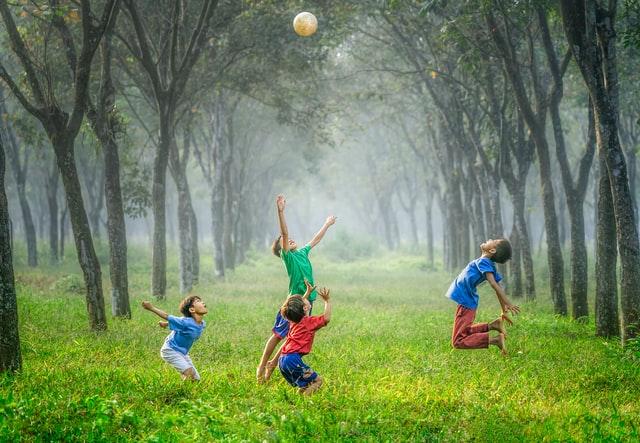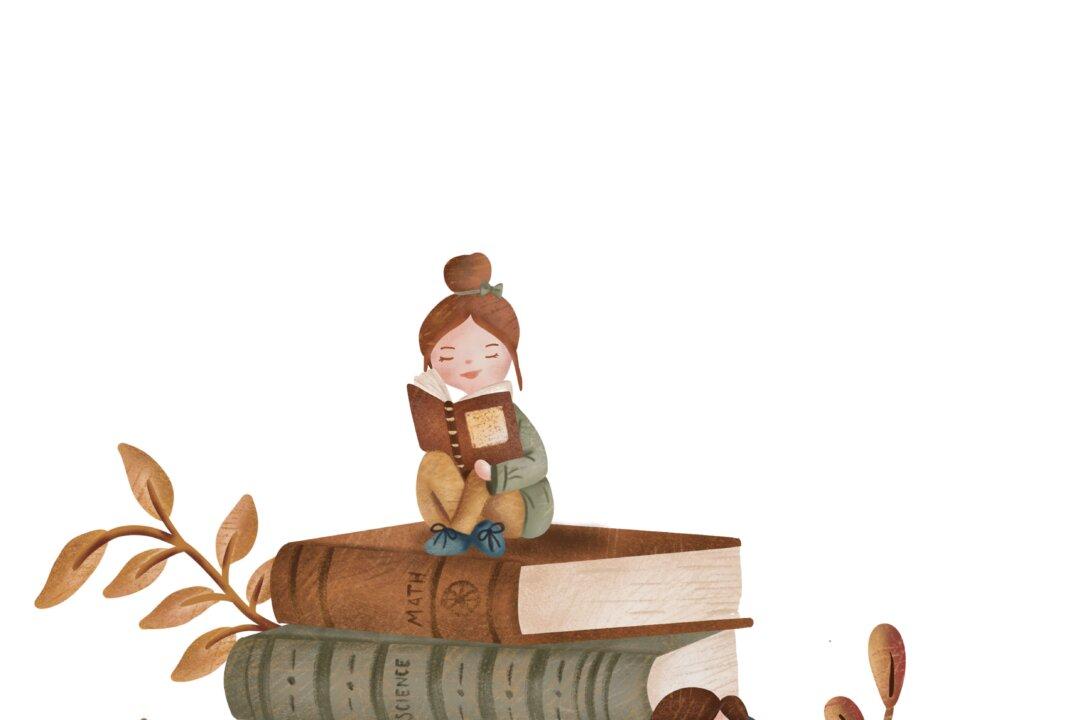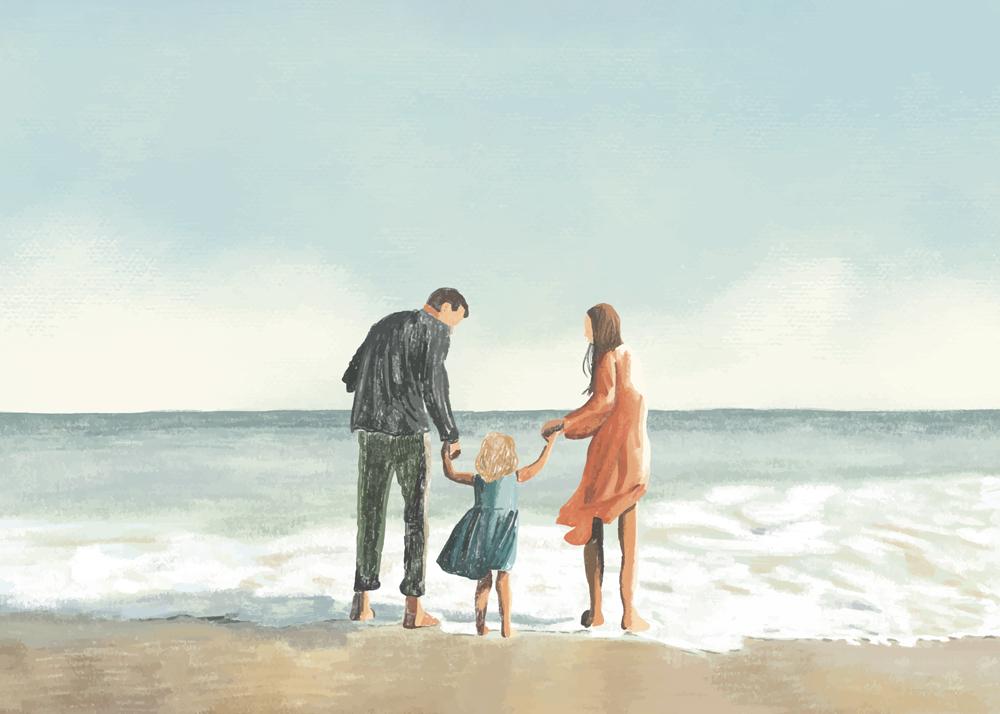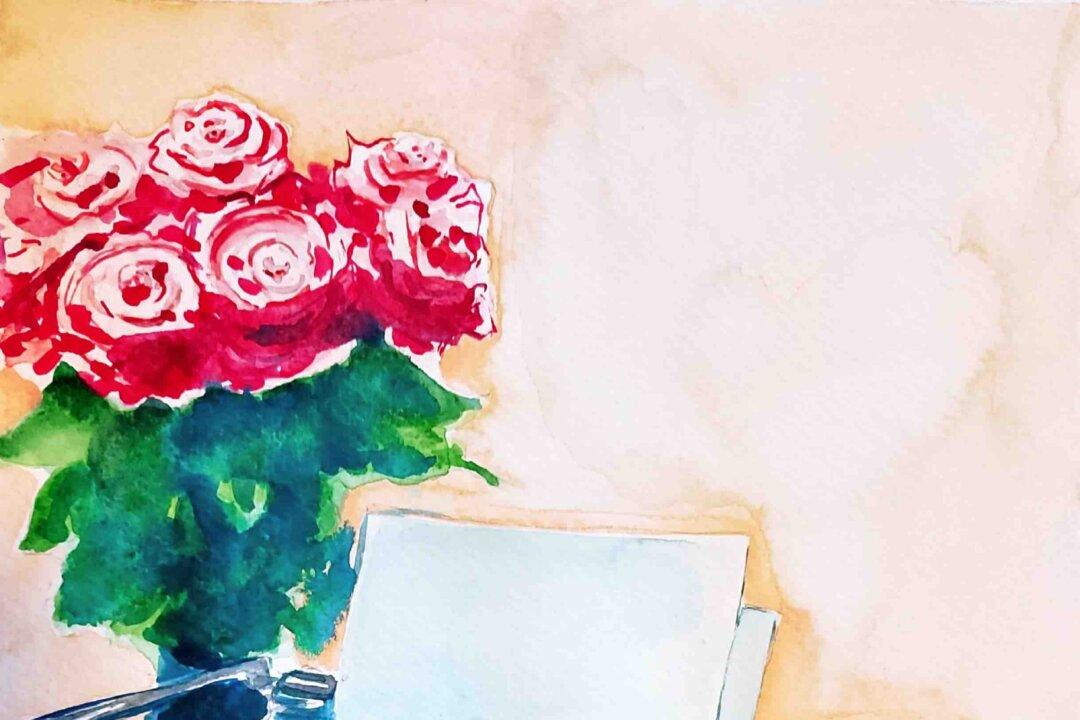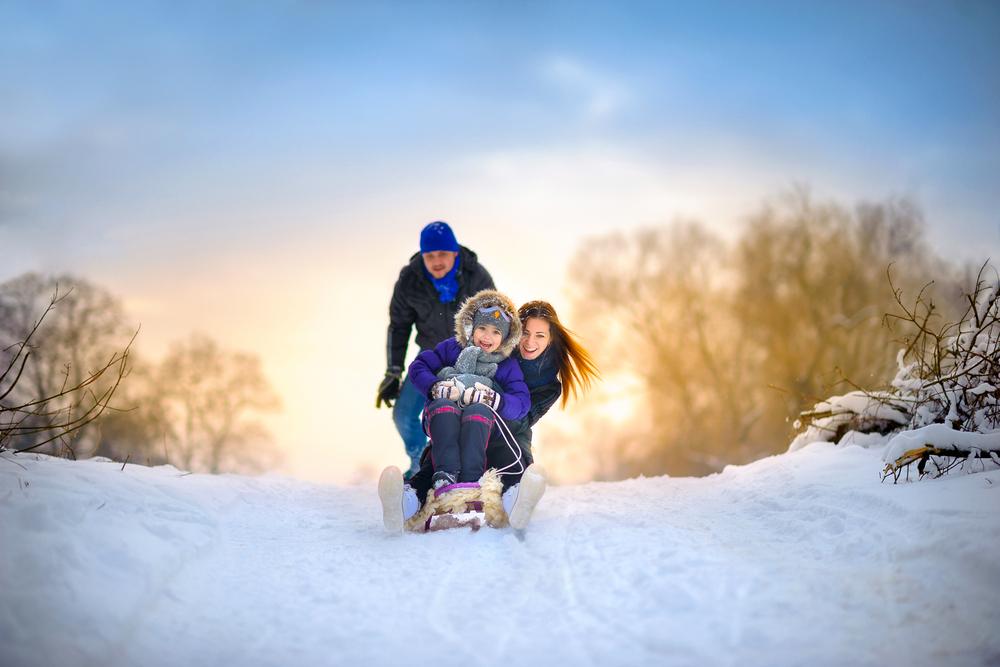Summertime—the dream of every school-age child, and to be honest, even some adults still to this day. It is often a time of fond memories, fun, vacations, warm weather, and relaxation. As children, it was a time when we were finally able to, in our minds, “take a break” after a long year of learning.
After a year full of tests, projects, homework, schoolwork (this list could go on and on), we came to think of it as a time we could finally relax, refresh, and have a well-deserved rest from the rigors of education. The days were longer, and as children, we spent them with our neighborhood friends going from one adventure to another.

